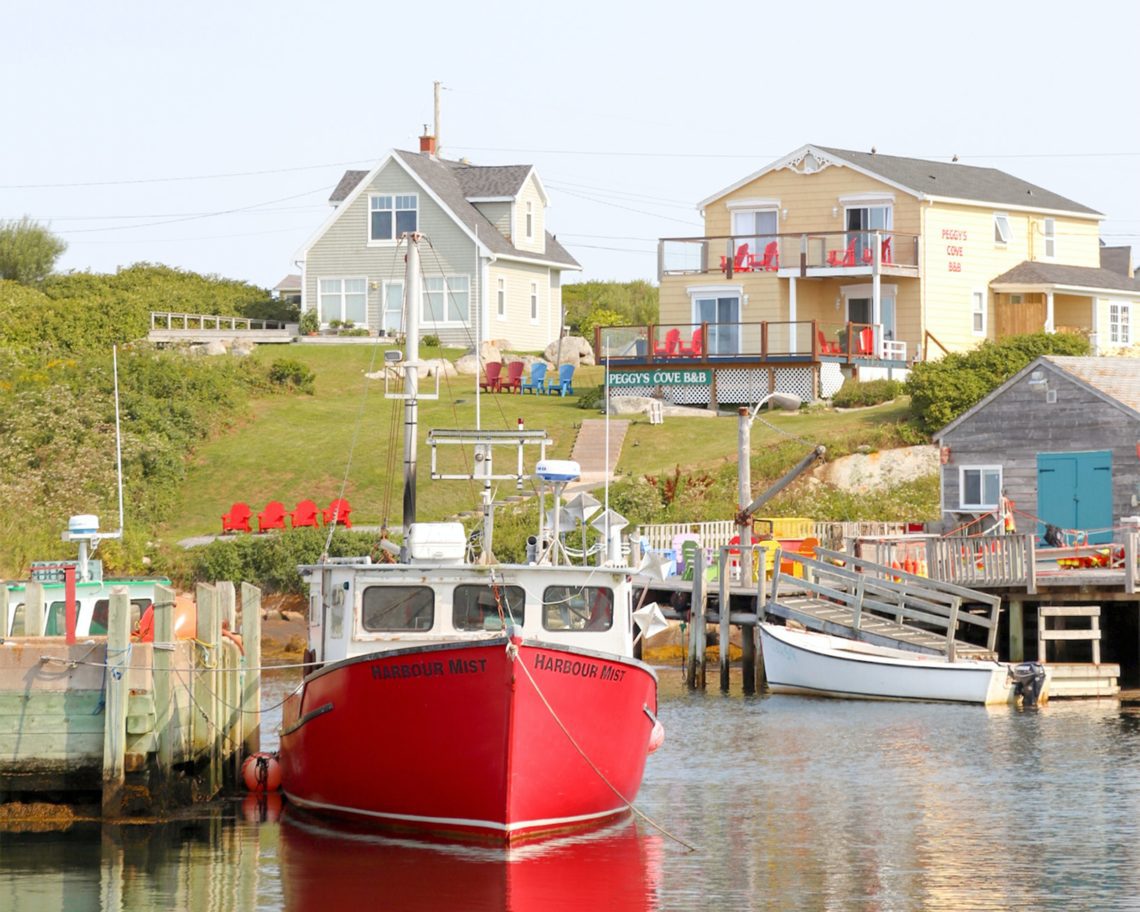This article originally appeared in Saltwire.
By Ken Coates, November 28, 2022
Over the past couple of decades, Canada’s Maritime fishery has experienced remarkable transitions: the creation of a First Nations fishery (following the Supreme Court decision on Donald Marshall Jr.); successful industry-government collaboration on fishery harvest management; and high international demand and prices, especially for lobster and crab.
Now, however, the Canadian government’s inability to resolve a crucial issue puts the sector at considerable risk.
The 1999 Marshall ruling determined that First Nations are entitled to earn a “moderate livelihood” from the fishery. Unfortunately, the ruling did not define “moderate,” or offer an implementation plan. This was problematic.
In 2000, looking to give First Nations a place in regional fisheries, the federal government supported one of Canada’s most successful examples of commercializing Indigenous and treaty rights. Ottawa paid for First Nations licences, boats and training, enabling hundreds of Indigenous workers to enter the industry. The transition, while not without difficulty, was coming together nicely but stalled over the moderate livelihood provision.
First Nations demanded full implementation of the court’s moderate livelihood provision. This position only intensified as the First Nations population grew and more people sought to enter the fishery. From the Indigenous perspective, the matter was simple: First Nations had a legal right to earn a moderate livelihood from the fishery, and the Canadian government was expected to create the spaces needed.
First Nations had some, but not enough, access to the highly regulated fishery. They could only expand their harvesting by either securing more licences or fishing outside the legal fishing seasons. Some chose the latter, sending out boats before the season opened then selling their catch commercially.
Reaction was swift. A small number of non-Indigenous fishers held angry protests that resulted in the destruction of First Nations’ and others’ property, and fuelled frustration with Ottawa’s unwillingness to enforce fishing regulations. First Nations demanded immediate intervention by authorities, a position that worried conflict-averse federal officials. Across the Maritimes, Indigenous and non-Indigenous restraint amid this tension was impressive.
The government, largely through the Department of Fisheries and Oceans (DFO), worked directly with individual First Nations, reaching short-term agreements on “moderate livelihood” fisheries that were outside established commercial seasons. This nation-to-nation negotiation — reflecting Ottawa’s determination to work directly with Indigenous governments and expedite treaty resolutions in the interests of reconciliation — was in many respects a desirable approach that addressed shortcomings in Canadian public policy.
But in this instance, it was short-sighted.
The Maritime fishery works on an intricate balance between commercial fishers and DFO regulators. The industry’s current financial buoyancy reflects decades of collaboration, science-based management of fish stocks, and negotiated terms on catch size, seasons and harvest limits. But by excluding non-Indigenous commercial fishers from discussions about new First Nations arrangements, the government undercut an established understanding of transparency and consultation.
The 18th-century Peace and Friendship Treaties, which were given authority in the 1999 Marshall decision, now afford First Nations the right to a moderate livelihood. First Nations have the right to economic participation and prosperity even beyond any constraints of a moderate livelihood.
As the government looks to resolve the new tension, one obvious option is finding ways to ensure Indigenous access to the broader economy. When federal and provincial governments acknowledged that First Nations on the Prairies had been shortchanged in their original reserve allocations, they created the Treaty Land Entitlement process, giving First Nations financial means to determine their own economic path. Likewise, in the Maritimes, there is no reason that economic justice be limited to the fishery.
As Ottawa implements and honours the spirit of the Marshall decisions, it should be open to other arrangements to meet their legal and treaty obligations. Canada’s national obligations to the First Nations in the Maritimes (the commitments and compensations are crystal clear and long overdue) need not come at the expense of a single industry.
The Maritime fishery has been a success story for the region, the industry and for First Nations. This achievement should not be diminished, or squandered. The long-term management of the fishery must be a true partnership between First Nations, fishers and the government of Canada. Omitting one partner from negotiations and agreements will only exacerbate tensions, threaten the sector, and undermine tough-won conservation arrangements.
Reconciliation, after all, is about finding a path forward that creates cooperation, fairness, and opportunity for First Nations within a receptive and supportive country. The Maritime fishery has gone a long way down this path.
New approaches that extend Indigenous opportunities beyond the fishery are urgently needed. First Nations leaders are fighting for economic renewal and opportunity, while non-Indigenous fishers and communities are also searching for long-term viability. For both groups and the Canadian government, cooperation in the management of the fishery and a broadening of the search for economic opportunities are essential.
Ken Coates is a distinguished fellow and director of the Indigenous Affairs program at the Macdonald-Laurier Institute.






